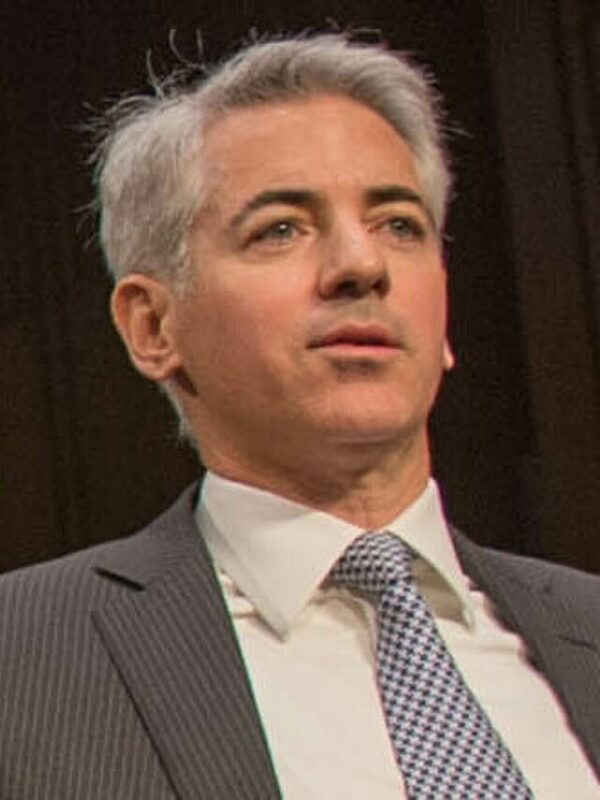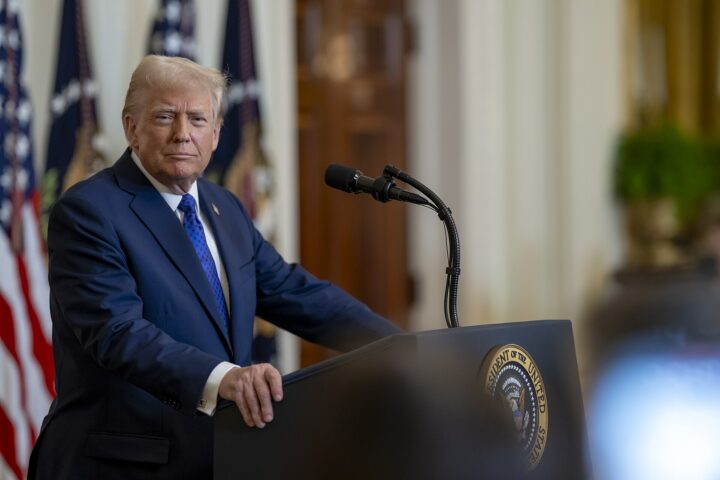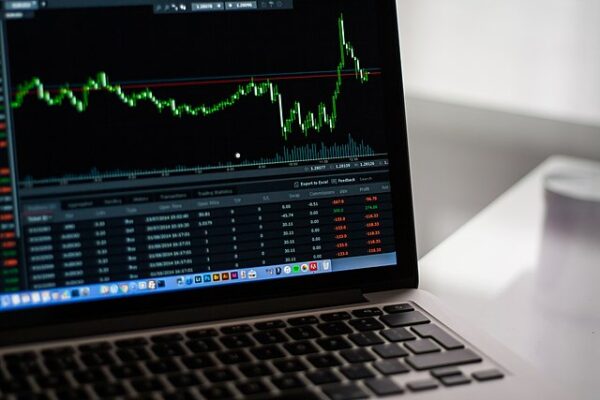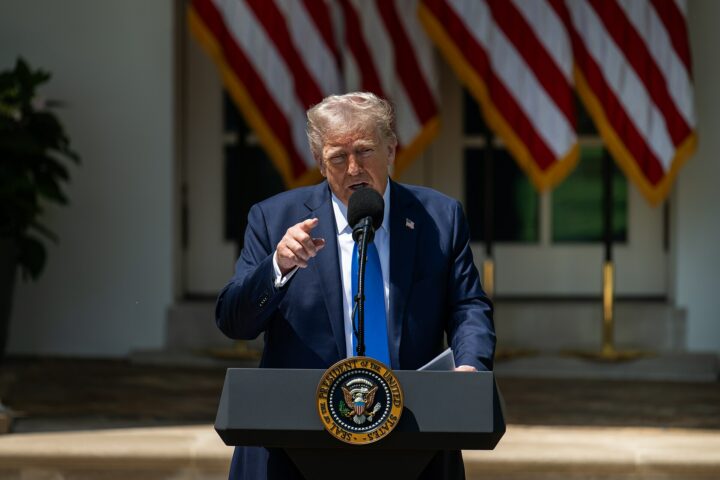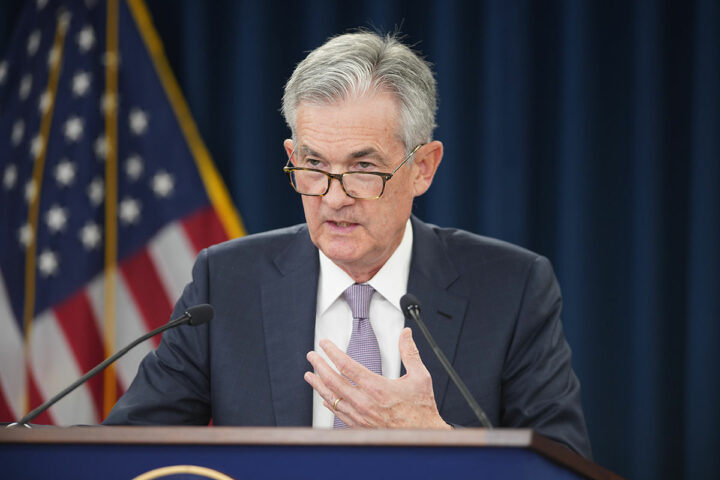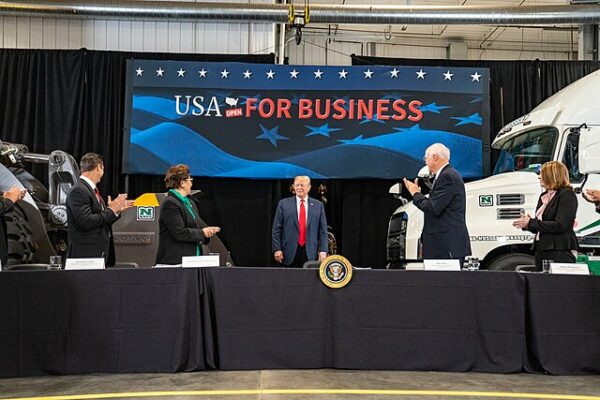Two titans of American finance—Bill Ackman and Jamie Dimon—are sounding the alarm over former President Donald Trump’s new trade tariffs, warning that the sweeping policy could destabilize the U.S. economy and reverberate dangerously across global markets.
Ackman, the billionaire hedge fund manager who recently pivoted his political allegiance from Democrats to Trump, urged the presumptive GOP nominee over the weekend to hit pause. Specifically, he proposed a 90-day suspension of the tariffs to give the U.S. and its trading partners a chance to renegotiate deals Trump has long described as exploitative.
Failing to do so, Ackman warned, could unleash what he described as a “self-induced, economic nuclear winter”—a phrase that underscores just how seriously Wall Street is taking the potential fallout.
His assessment was echoed Monday by JPMorgan Chase CEO Jamie Dimon, who used his annual letter to shareholders to caution that the tariffs could worsen inflation and push the economy toward recession, noted The New York Times. “The quicker this issue is resolved, the better,” Dimon wrote, warning that prolonged uncertainty could sap investor confidence and derail the fragile post-pandemic recovery.
Trump, for his part, is not backing down. Speaking from Air Force One on Sunday, he defended the tariffs as long overdue—“a necessary correction,” he said, to decades of trade policies that he argues have hollowed out American industry. “European and Asian countries are dying to make a deal,” Trump insisted.
Under the new policy, a baseline 10% tariff will be levied on all imports beginning Wednesday. But for some countries—particularly major Asian manufacturing hubs—the rate could reach as high as 50%, a dramatic escalation that sent markets reeling on Monday.
Stock indexes in Europe and Asia posted sharp losses, continuing a downward slide from last week. Economists warn the tariffs may stoke inflation, snarl global supply chains, and provoke retaliatory action—risks that are already materializing. In a direct response, China announced new tariffs on U.S. goods.
Ackman, in a social media post, acknowledged Trump’s central claim—that many U.S. trade deals have been lopsided—is not without merit. But he argued that the broad application of the tariffs is strategically unsound. “There’s a difference between hostile actors and long-standing allies,” he wrote, suggesting the policy fails to make that distinction.
The country is 100% behind the president on fixing a global system of tariffs that has disadvantaged the country. But, business is a confidence game and confidence depends on trust.
President @realDonaldTrump has elevated the tariff issue to the most important geopolitical…
— Bill Ackman (@BillAckman) April 6, 2025
Instead, he proposed a 90-day diplomatic window—a cooling-off period that could ease market anxiety, open the door to more targeted negotiations, and, in his words, attract “trillions of dollars of new investment” into the U.S. He’s not the first billionaire backer to criticize Trump over trade.
Trump administration officials have downplayed the risks, framing the tariffs as part of a broader push to reindustrialize the American heartland, even as investor unease is mounting.

